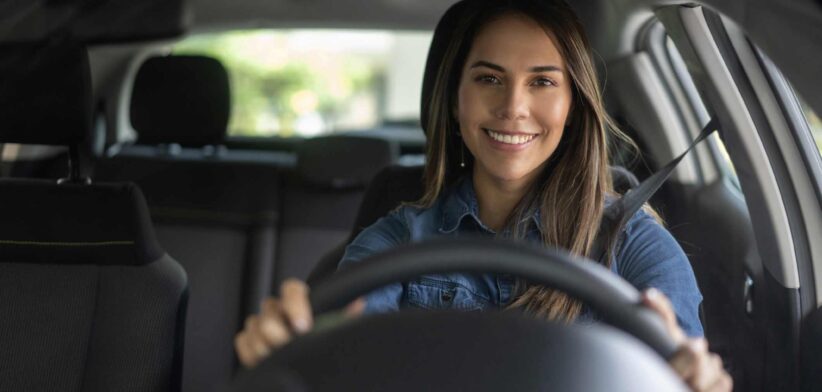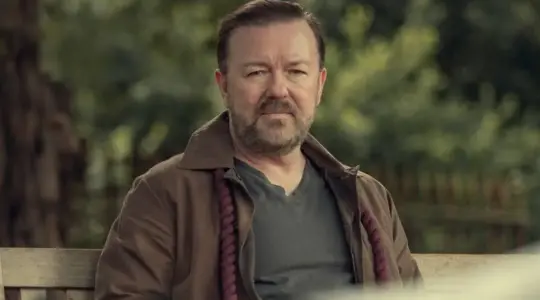By Shane Rodgers
Most of us remember that amazing feeling of independence the first time we drove a car alone.
Suddenly we had speed, independence and a sense that we could go wherever whimsy dictated – roads to anywhere, roads less travelled. The world was ours.
The thrill was even greater when you bought your first car. It was proof that you had come of age and carved out your own space in the world.
Apartments, houses and yards would come later. For now, your space was in your car and everything seemed within reach. It was like an extension of ourselves – a personal statement about who we were, and how we wanted to be seen.
What’s more, you wanted your licence as soon as you were age-eligible. And you wanted a licence to drive alone as soon as you reached 17.
Somewhere over the generations the car thrill has waned.
Data from around the globe paints a picture of slow decline in our love affair with the car. For many young people, the car is less a prestige or coming-of-age symbol and more an “appliance” that you use to get from A to B.
An RACV report on the subject a few years ago said the decline was due to “difficulty of the licensing process, being ‘too busy’, the expense of owning and maintaining a vehicle, the ability to rely on others for lifts, and a general preference for walking, cycling or using public transport”.
The largest vehicle data provider in Europe, Glass, says young people are “completely changing how they view the car”.
Its data suggest Generation Y and younger groups are learning to drive later, driving less when they do learn and are less likely than previous generations to see a car as a key to personal freedom.
Other research points to concerns about the environmental impact of cars and young people having safety fears after seeing teenagers killed in vehicle accidents.
In the US the research reflects the same trends among Generation Z “zoomers.” In 1997, according to Balog and Corr research, 43 percent of 16-year-olds and 62 percent of 17-year-olds had driver’s licenses. By 2020, those numbers had fallen to 25 percent and 45 percent respectively.
The same figures showed only 80 percent of 20 to 25-year-old had a licence to drive, 10 percent below the figures 10 years earlier.
A South Australian study by the University of Adelaide found licencing rates for 17 to 19 year-olds decreased from 62 percent in 2009 to 55 percent in 2018.
In Queensland the falls may be less stark with figures suggesting well over 80 percent of 17 and 18-year-old hold some type of licence.
However, when you look at the 25 to 29 years age group, licence holders have fallen from 93 percent to 86 percent in the past 20 years.
Whatever the figures, the world of cars is clearly changing. In most cities there are share cars on every second block that you can simply hire short-term using an app.
Cheaper flights mean less people drive interstate, populations are bunching into inner cities, investment is being made in better public transport and Uber-style ride share has increased the transit options.
Electric vehicles are flooding the motoring mainstream at a quickening pace and driverless vehicles and “flying cars” are in advanced experimentation around the world.
Humans will always desire freedom, but the data suggests for emerging generations that does not necessarily imply a car, or car ownership.
If you think about it, having a car in a crowded inner city is not the same as needing it to traverse long distances.
My first car was a Ford Escort and, for about the first year, I cleaned it inside and out every weekend and still got a buzz every time I took it for a drive.
Over the years commuting took the joy away. But every so often I remind myself of one of my favourite car quotes from American writer E. B. White – “Everything in life is somewhere else, and you get there in a car.”
Shane Rodgers is the author of ‘Worknado – Reimagining the way you work to live’ and ‘Tall People Don’t Jump – The curious behaviour of human beings’.








